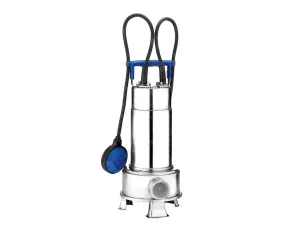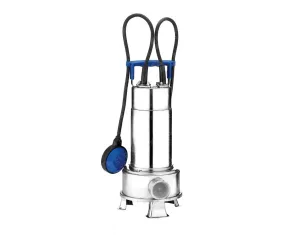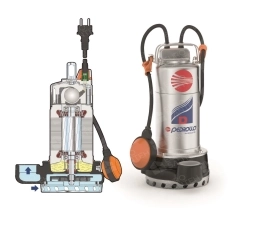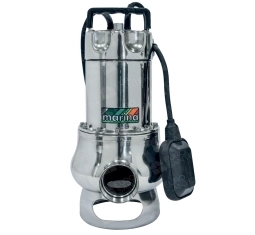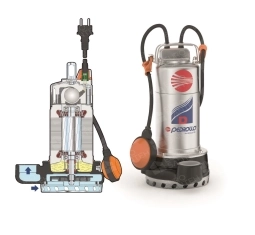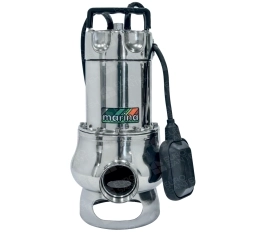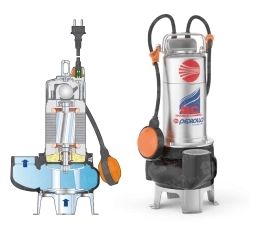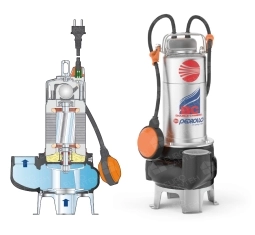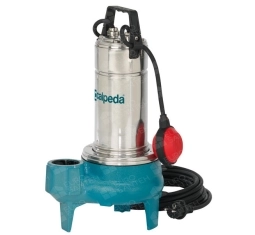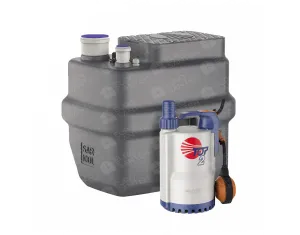Drainage pumps for dirty water
Drainage pumps for dirty water are indispensable equipment in situations where efficient and rapid removal of water with high levels of impurities is necessary. Their usage spans across a wide range of fields, from construction and agriculture to municipal services and industrial applications. Let me elaborate more on the working principle, types, and advantages of these pumps.
First and foremost, it's essential to note that drainage pumps for dirty water are specialized equipment capable of transferring liquids with high levels of solid particles, dirt, and other contaminants. Their operation is based on utilizing a powerful mechanism capable of creating sufficient pressure to move the liquid through the drainage pipes.
One of the key advantages of drainage pumps for dirty water is their versatility. They can be used for pumping water out of basements, trenches, and wells on construction sites, as well as for wastewater treatment in industrial facilities. Due to their wide range of working conditions, these pumps become invaluable assets in various situations.
It's also worth mentioning that there are many different types of drainage pumps for dirty water available on the market, each with its own features and benefits. For example, there are submersible pumps, which can descend directly into the liquid source and work underwater, as well as surface pumps, which are installed above ground and transfer water through pipes.
Most modern drainage pumps for dirty water are equipped with advanced technologies, such as automatic liquid level control systems, protection against overheating and overloading, ensuring their reliable and safe operation over the long term.
Additionally, attention should be paid to the energy efficiency of these pumps. Modern models are equipped with energy-saving systems, which allow for reducing energy consumption and saving on operating costs. This is particularly important in conditions of high electricity tariffs and concerns for reducing negative environmental impact.
Furthermore, the role of drainage pumps for dirty water in maintaining ecological safety should be emphasized. Proper management of wastewater helps prevent soil and water pollution, which is crucial for preserving biodiversity and environmental health.
However, when selecting a drainage pump for a specific task, consideration should be given not only to its technical characteristics but also to the working environment's particularities, performance requirements, and reliability. Consulting with specialists and choosing quality equipment from trusted manufacturers will help avoid unforeseen situations and ensure an effective solution to the tasks at hand.
In conclusion, drainage pumps for dirty water play an important role in maintaining the functionality of various engineering systems and ensuring ecological safety. Their efficiency, reliability, and versatility make them indispensable equipment in a wide range of industrial and construction sectors.
